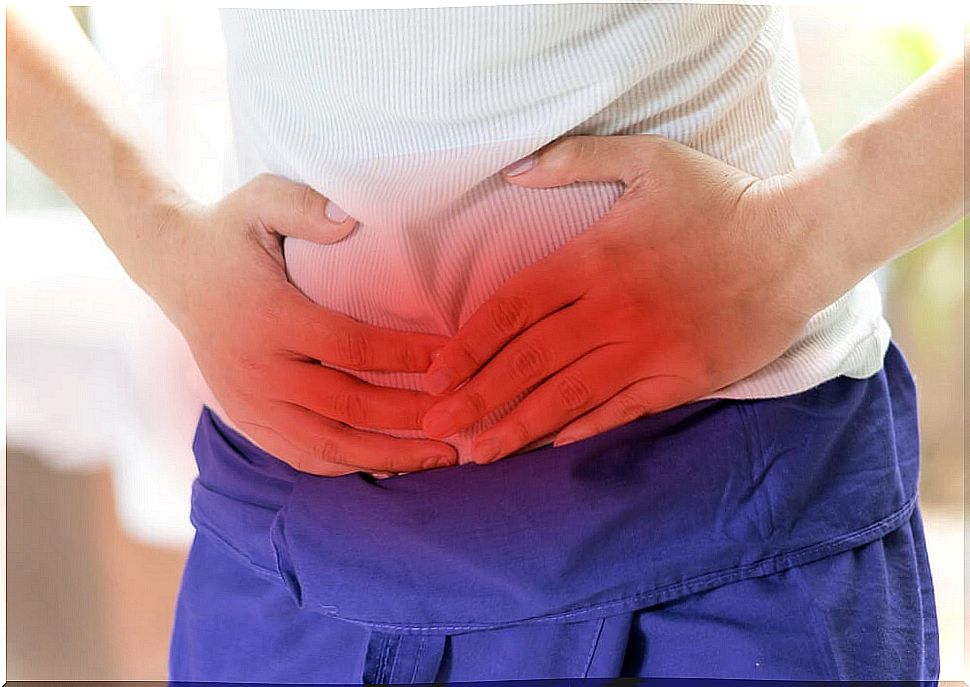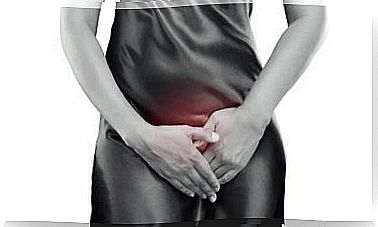Ulcerative Colitis: Everything You Need To Know
Ulcerative colitis is a disease in which there is inflammation of certain regions of the large intestine.
As a general rule, it affects the colon (most of the large intestine) and the rectum (end of the digestive tract). Therefore, there is a serious alteration in the inner lining of this part of our body.
It is also included within inflammatory bowel diseases (IBD). Another disorder that is classified in this way is Crohn’s disease.
On the other hand, individuals can present this problem chronically, that is, they suffer from it throughout their lives. In other cases the disease remits, it is an acute pathology.
Symptoms of ulcerative colitis

This disease can develop gradually or appear suddenly. On the other hand, the most common signs that patients usually show are:
- Diarrhea. It is because the inflammation of the intestinal tract makes it difficult to have a regular bowel movement. Also, the stool may present (incidentally or continuously) rectal blood or sputum due to frequent bleeding.
- Pain and swelling in the abdominal region. The intensity of pain and the extent of inflammation may vary in different clinical cases. Also, the patient may experience cramps in this region and accumulation of gases.
- Rectal bleeding It can also be referred to as rectorrhagia. It is another of the most frequent symptoms caused by the rupture of the blood vessels that are located in the mucosa of the intestine.
- High fever.
- Anemia. Internal bleeding causes serious blood loss in our body.
- Fatigue, tiredness, or weakness. It is a side effect of the large amount of blood that has been released.
- Weightloss.
Ulcerative colitis risk factors
Since it has not been possible to determine what is the cause of this alteration, only the risk factors can be mentioned:
Immune disorders

In this case, ulcerative colitis would be caused by an overreaction to a pathogen.
The cells that make up our large intestine would detect the microbe and the immune system would intervene. However, after neutralizing the intruder, the inflammation in this organ would not be reduced after a certain time, becoming a chronic disease.
Inheritance of pathology
According to several studies, patients with a relative who has suffered from this disease are more likely to develop it. Then the inherited genetic material would contain one or more modified genes.
Diagnosis of ulcerative colitis

The medical team can carry out a series of medical tests that allow them to identify this disease and rule out other pathologies:
- Blood test. The patient usually presents anemia due to the numerous hemorrhages in the large intestine.
- Endoscopy A thin wire with a chamber at one end is inserted into the large intestine. Also, the appropriate physician can examine the internal lesions characteristic of this disorder.
- Biopsy. A small sample of tissue is removed and analyzed in the laboratory for the existence of pathogenic microorganisms, precancerous lesions, etc.
- Stool analysis. Its composition, consistency and the presence of blood or pathogenic microorganisms are also studied. Stool occult blood is a useful test in detecting colorectal tumors.
Ulcerative colitis treatment
The ultimate goal of treatment is to alleviate the symptoms that the patient may present and help the intestinal tissue to heal. Likewise, the most frequent recommendations are:
- Use of medications. They reduce the inflammation of this tissue and internal bleeding, making up the most frequent treatment.
- Surgery. The medical team usually recommends surgical intervention in the most serious cases or with complications.
- Controlled diet As a general rule, it includes foods low in sodium (to avoid water retention), in fiber (to reduce bowel movement) and in fats (since they are absorbed in this unused area).
Prevention
As with other diseases, the best way to prevent ulcerative colitis is to adopt and maintain good lifestyle habits. Especially when it comes to our hydration and nutrition. To do this, it will be essential to make sure we consume enough water throughout the day, choose healthy foods and avoid fats, sauces and, of course, all those products that do not have a nutritional contribution.









